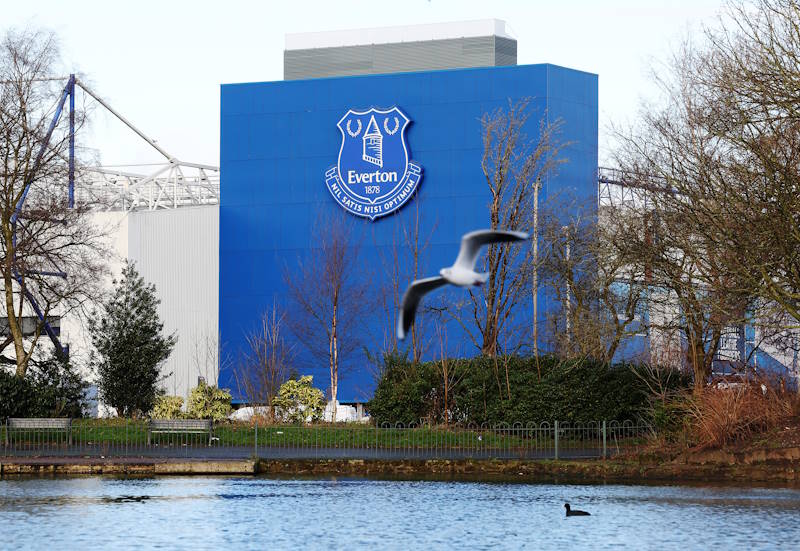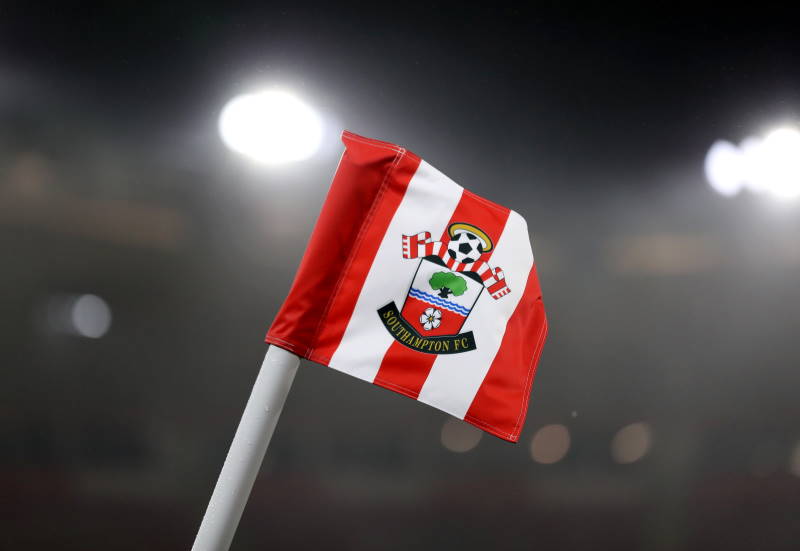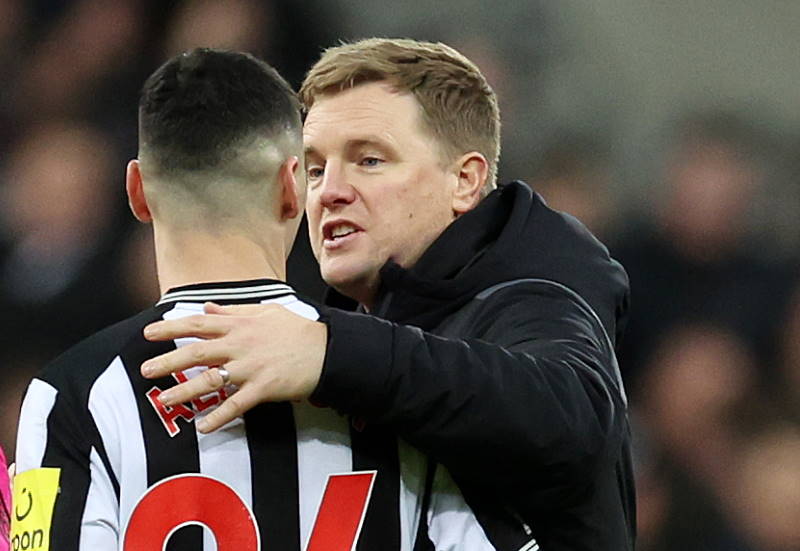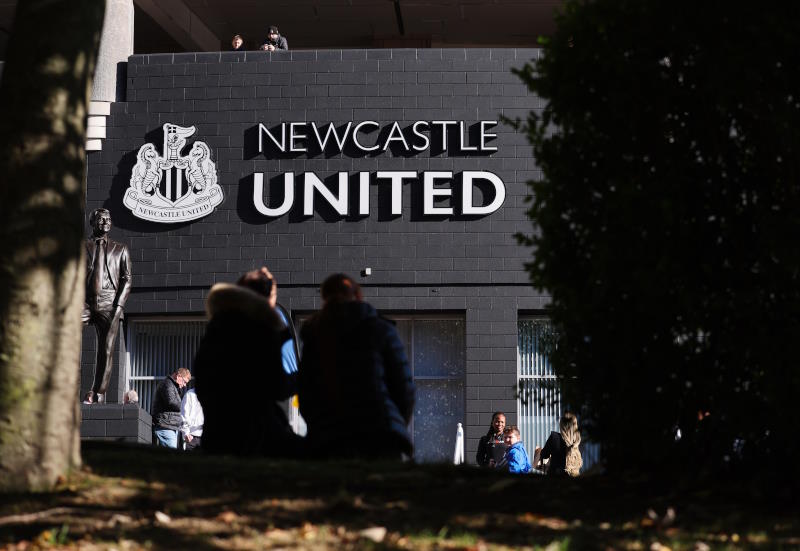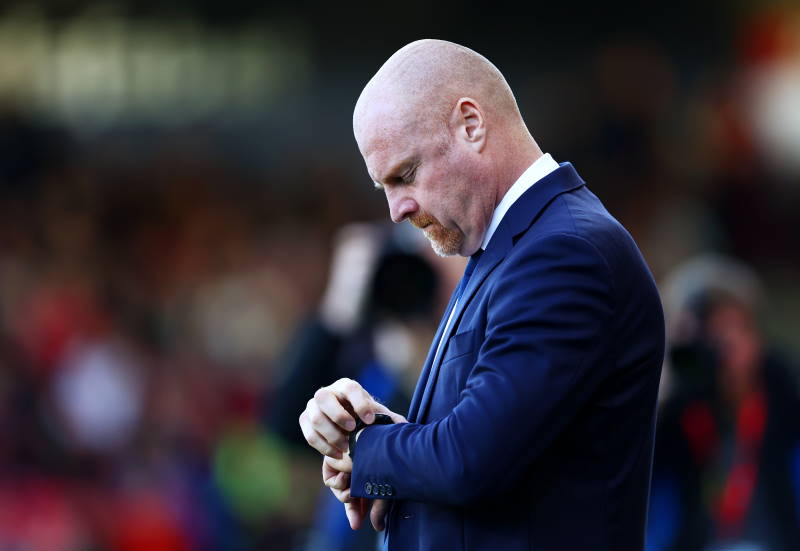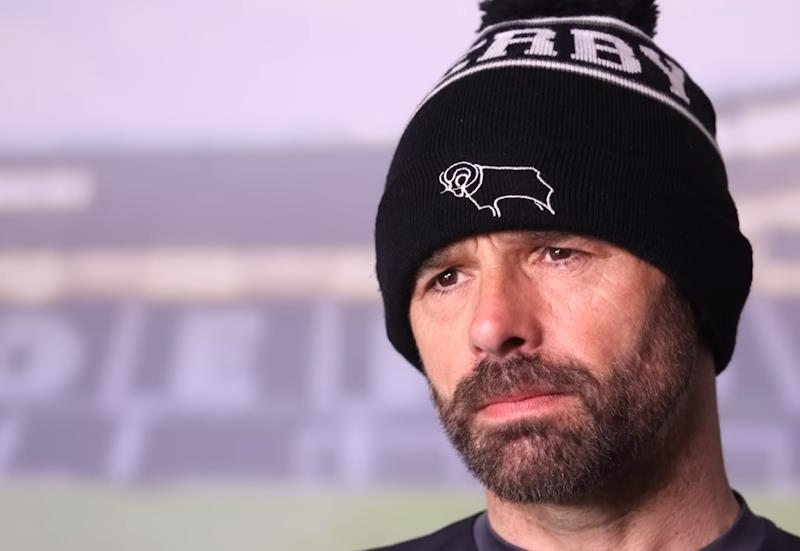
FIFA president Sepp Blatter has been at the centre of a fair few controversial comments and his recent declaration that racism could be shaken off with a handshake was clumsy at best and insulting at worst. But the Swiss administrator’s latest gaff only provoked an outcry in England, while in much of the rest of the world there was a muted response.
It cannot be as simplistic as viewing England as a more tolerant and less racist society. After all, the United States, Canada, Australia and France, amongst others, can claim parity with England in this sphere. Indeed, France almost hounded out the country’s national team coach Laurent Blanc for making remarks which were construed as racist (and later proved categorically not to be) when secret recordings of meetings held by the French Football Federation were made public earlier this year.
Conversely, Chelsea defender John Terry continues to be given the benefit of the doubt by large sections of the English media despite being charged with directing racist insults at Queens Park Rangers defender Anton Ferdinand. Though unproven, and merely an allegation still, France came down much harder on Blanc with a similar lack of proof. Yet the French care little about Blatter’s racism comments, just like much of the world.
In fact, the only other nation that appeared to bat an eyelid is Brazil, whose football association president Ricardo Teixeira launched an anti-racism campaign last month and declared that the problem could most certainly not be solved with a handshake. This however is surely because Teixeira could be forced out of his post after a spell of 22 years in charge, if Blatter, as he has promised, releases files relating to the collapse of FIFA’s former marketing partner ISL – which have been said to show the Brazilian received kickbacks from the organisation.
In the light of history, England’s stance can also be seen as ironic given that it was English FIFA president Stanley Rous who fought so valiantly for apartheid South African to remain part of the football community whilst he was in power.
Far from the clumsy wording of Blatter, Rous actively supported a government whose very policies were racist and during his tenure sought to ostracise the non-European world from the game – a reason in part why the English continue to be disliked by some sections of the footballing world.
When Joao Havelange won the FIFA presidency in 1974, this changed, with non-Europeans receiving a much bigger say, and suddenly the tables were turned. Ever since, England have suffered from the repercussions of the Rous era. Given that, along with the other home nations, England have a guaranteed vice-presidency and 50 per cent of the votes on the rule making body which governs the sport – another irony is that the home nations have often blocked the introduction of technology – some of the world appears to be against England in the corridors of power.
None of this is to suggest that an English dislike of Blatter does not have some reasonable foundation; the Swiss has presided over an organisation of which a third of its executive committee have been under investigation or suspended during the last year for unethical behaviour of various kinds.
First it was Reynald Temarii and Amos Adamu – suspended for being discovered by British newspaper the Sunday Times to have been willing to sell their votes in the race to host the 2018 and 2022 World Cups. The English Football Association’s former chairman David Triesman then alleged that Teixeira, Nicolas Leoz, Worawi Makudi and Jack Warner had all asked for bribes to vote for England to host the 2018 tournament, though an independent inquiry were unable to prove any of the accusations.
Then came the fireworks of this year’s presidential vote, and the suspension and subsequent removal of Qatar’s Mohamed bin Hammam from the FIFA executive committee for alleged bribery of FIFA members. Warner quit with an investigation into his conduct being dropped. Teixeira, Brazil’s controversial member, continues to hang on, but only just, as a fraud investigation into his dealings in the past continues unabated in his homeland, in addition to the spectre of the ISL revelations.
To top it off, Issa Hayatou, Cameroon’s FIFA member, was last week reprimanded by the International Olympic Committee for his involvement in the ISL scandal, yet continues to serve in his post on the executive committee, and indeed FIFA was forced to backtrack earlier this year on naming him the head of the London 2012 Olympic Games football tournament. Blatter continues to support Hayatou though, as do the Confederation of African Football, of which he is president.
In all, eight out of the 24 members of the “Exco” have been under investigation in the last year. This, combined with the controversy of awarding Qatar the right to host the World Cup in 2022, and the decision to award two World Cups at the same time – something Blatter has admitted was a mistake – have made for one of the worst years in FIFA’s history.
But the English are fooling themselves if they believe they have the moral high ground over Blatter and FIFA. England’s former president arguably did worse things in power, and whilst the current administration may not serve English interests, the European country are just one of the 208 member states, and for the majority, there has been much to celebrate from Blatter’s tenure.
The goal project is one of the most compelling, and was the FIFA chief’s great idea. Put simply, it is an initiative under which FIFA invests heavily in football infrastructure across the world, from the poorest countries to the richest. From Tajikistan to Uzbekistan, regardless of the size and power, countries receive money from FIFA to create academies, football pitches and other vital infrastructural requirements.
On top of that, Blatter’s reign has brought unprecedented opportunities for development for the world’s smaller nations. Since 1998 the number of tournaments FIFA organise has grown exponentially, with the Women’s World Cup on the rise, and Under-17 and Under-20 tournaments for the fairer sex too. The men’s Under-17 and Under-20 tournaments have also given the world’s smallest countries, who will be unlikely to receive a chance to host senior World Cups, or even regional championships, the opportunity to stage an event.
This year the Under-17 World Cup was held in Mexico, and though the Central American nation have hosted the World Cup twice before, Malaysia have not and probably will not, yet the Asian country have played host to the Under-20 World Cup; so too have the United Arab Emirates. The Under-17 World Cup will next go to Azerbaijan, while Canada will stage the 2015 Women’s World Cup. The FIFA Club World Cup, another Blatter innovation, has given a fresh opportunity to nations around the world to host major events. The United Arab Emirates has hosted it before and Morocco will stage it in the future.
These tournaments offer a unique opportunity for such countries to invest in their infrastructure and bolster local and national economies, the true legacy of holding major events. There is good reason why, for example, the Tanzanian Football Association chief might be quite keen for Blatter to stay in power for as long as possible. The problem for the bigger nations, such as England, is that they either do not understand this, or wilfully ignore it. Either way, they must change. If the English want Blatter out, as numerous voices have urged in the “home of football”, the country need to make a better offer to the world’s footballing community. And actually, that will not be easy.







